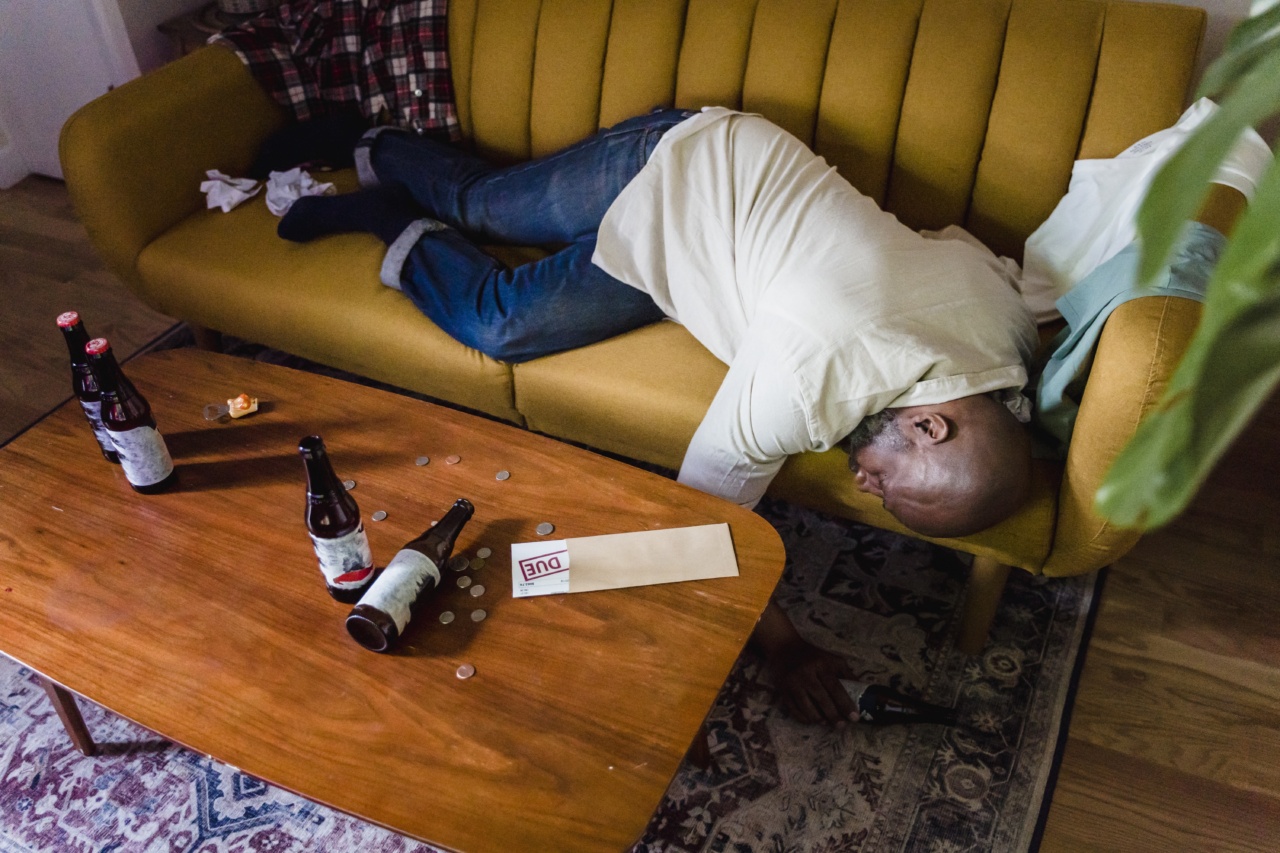Dealing with anxiety can make it difficult to fall asleep and stay asleep throughout the night. Whether it’s worry or racing thoughts keeping you up, lack of sleep can make anxiety worse, creating a vicious cycle that’s hard to break.
However, there are steps you can take to improve your sleep quality and reduce anxiety symptoms. Here are eight tips for sleeping better with anxiety:.
1. Establish a routine
Set a regular sleep schedule and try to stick with it, even on weekends. This helps regulate your body’s internal clock, making it easier to fall asleep and wake up at the same time each day.
Establish a relaxing bedtime routine, such as reading a book or taking a warm bath, to signal to your body that it’s time to sleep.
2. Create a calming sleep environment
Create a sleep-conducive environment by keeping your bedroom cool, dark, and quiet. Invest in a comfortable mattress and pillows, and use breathable bedding that keeps you cool throughout the night.
If noise is a problem, try using earplugs or a white noise machine to block out distracting sounds.
3. Limit caffeine and alcohol
Caffeine and alcohol can interfere with sleep and increase anxiety symptoms. Try to avoid consuming these substances for at least four hours before bedtime. Instead, consider drinking herbal tea or warm milk, which can help relax your mind and body.
4. Stay active during the day
Regular exercise can help reduce anxiety and promote better sleep. Aim for at least 30 minutes of physical activity each day, but avoid exercising too close to bedtime, which can keep you awake.
If you can’t get to the gym, try incorporating more physical activity into your daily routine, such as walking or cycling to work instead of driving.
5. Practice relaxation techniques
Relaxation techniques, such as deep breathing or meditation, can help calm your mind and reduce anxiety symptoms. Practice these techniques for 10-15 minutes before bedtime to help your body relax and prepare for sleep.
You can also try progressive muscle relaxation, which involves tensing and relaxing different muscle groups to reduce tension in your body.
6. Limit screen time before bed
Electronic devices emit blue light, which can interfere with your body’s natural sleep pattern and make it harder to fall asleep. Try to limit screen time for at least an hour before bedtime, and avoid using electronic devices in bed.
Replace screen time with more relaxing activities, such as reading a book or practicing yoga.
7. Try aromatherapy
Aromatherapy can help relax your mind and reduce anxiety symptoms. Try using essential oils, such as lavender or chamomile, before bed to promote relaxation.
You can use a diffuser, add a few drops to your pillow, or dilute the oil and apply it directly to your skin. Just make sure to do a patch test first to make sure you’re not allergic.
8. Consider therapy
If anxiety is keeping you up at night, consider talking to a therapist or counselor. Therapy can provide you with coping strategies and help reduce anxiety symptoms, making it easier to fall asleep and stay asleep throughout the night.
Cognitive-behavioral therapy (CBT) has been shown to be particularly effective for anxiety and sleep problems.






























